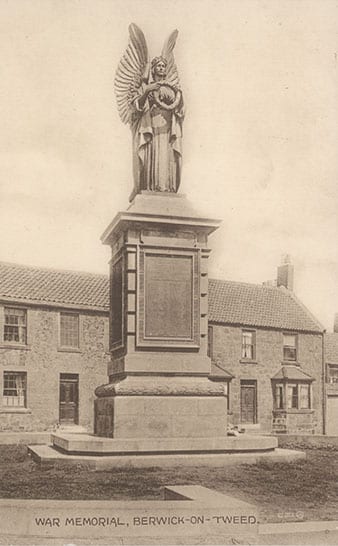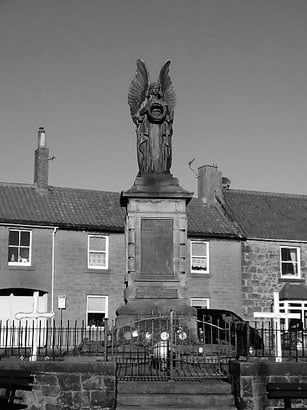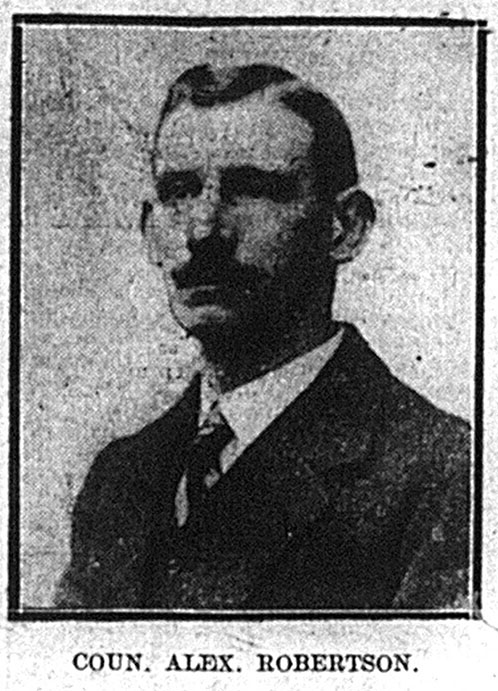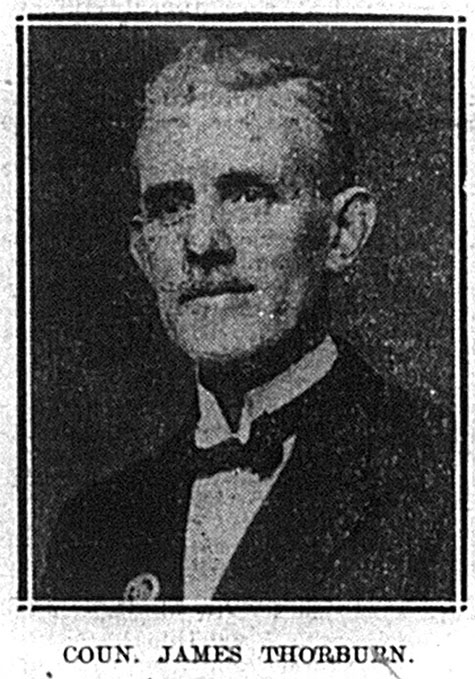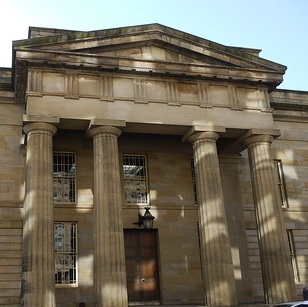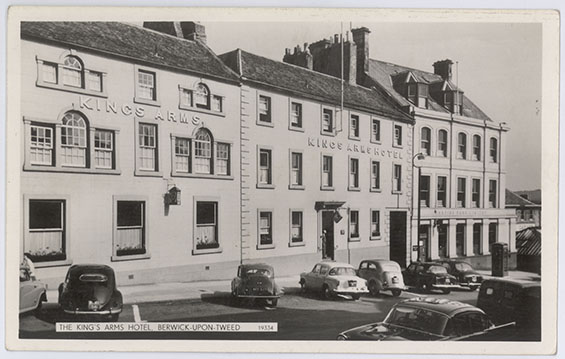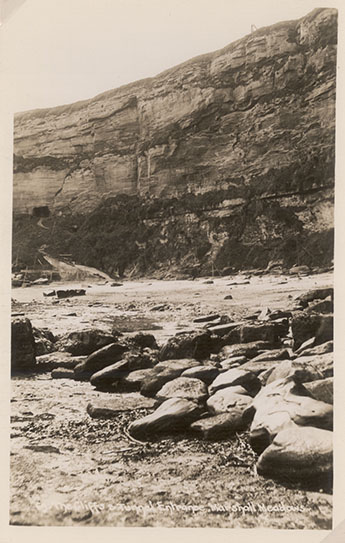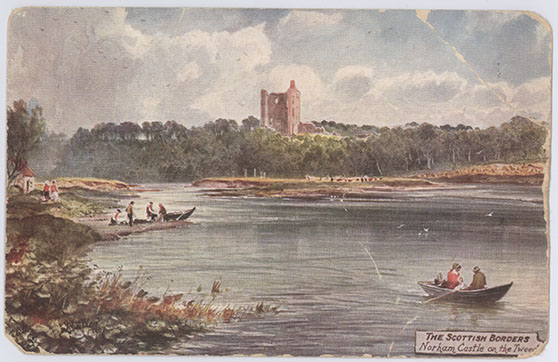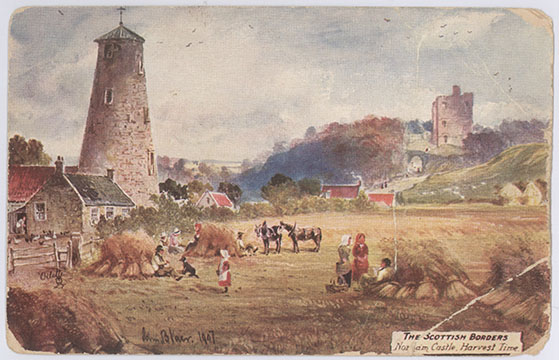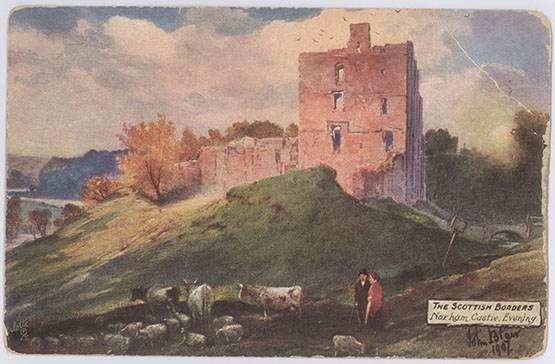BERWICK WAR MEMORIAL
“Berwick Journal” Fund Opens Today
5,000 SHILLINGS REQUIRED AT ONCE!
The Sacred Duty of the Town and ITs People.
IN FLANDERS FIELDS THE POPPIES BLOW
BETWEEN THE CROSSES, ROW ON ROW,
THAT MARK OUR PLACE, AND IN THE SKY
THE LARKS, STILL BRAVELY SINGING FLY.
SCARCE HEARD AMID THE GUNS BELOW.
WE LIVED, FELT DAWN, SAW SUNSET GLOW,
LOVED AND WERE LOVED; AND NOW WE LIE,
IN FLANDERS FIELDS.
………………………………………………………………
IF YE BREAK FAITH WITH US WHO DIE,
WE SHALL NOT SLEEP, THOUGH POPPIES GROW
IN FLANDERS FIELDS.
“Berwick Journal” in its leader Column in the issue of this Paper of Jan.29, 1925, said-
“As regards Berwick’s Unfinished War Memorial; if we could afford it we would give the money still required-willingly and cheerfully; we would consider it a privilege and an honour to be allowed for any further reward than the happy satisfaction of having been able to complete, in all humility, so sacred a duty, so long overdue on the part of this Town of ours.
We appeal again to the Memorial Executive and to the Citizens to at once take the final and resolute step to complete the undertaking so that the Memorial under the shadow of the Service Tree may fittingly and decently stand this Summer, and for all time, worthy of our gallant Comrades. We are prepared to open the columns of “Berwick Journal” to raise a Fund to accomplish the end in view; and we are prepared to give 100 Shillings to such a Fund.”
A CITIZEN ON-THE PRIVILEGES OF CITIZENSHIP
Parade, Berwick, 1st Feb., 1925
(The Editor, “Berwick Journal.”)
Dear Sir, -Your Leader in Thursday’s “Berwick Journal” struck the right chord, and I hope there will be a quick and generous response to your Appeal.
Like you and many others, I am profoundly disappointed that our War Memorial is still unfinished, and that the sum subscribed so far is not only in adequate for the purpose but is even insufficient to liquidate the amount already spent.
Many of us have already subscribed- (some of us as much as we can afford, some of us much less than we can afford)- but whether we have subscribed well or poorly the need to complete worthily the Memorial is obtrusively insistent.
Hitherto, I had regarded it as a privilege on the part of the Town to establish Memorial to our Heroes, but it looks as if the Town now requires its sense of Duty stirred- a distinction not to our credit.
But from whatever point of view the matter is regarded, I hope your effort will be crowned with success, and as an earnest of that wish I enclose 100 Shillings to your Fund. Yours truly John Brough.
MAYOR’S MESSAGE
The Worship the Mayor of Berwick-upon-Tweed (Ald. Thos. Wilson, J.P.), writes us-
Dear Sir, – With reference to the note in your issue of Thursday last that you are prepared to open the columns of the “Journal” to raise a Fund to complete the Berwick War memorial, I have pleasure in accepting your offer. The War Memorial Committee are extremely anxious that our Memorial should be completed as soon as possible. Tenders have been received for the necessary work, and it is hoped that instructions will be given within the next few days for the work to be out in hand forthwith.
I trust that the inhabitants of the Borough will respond to the Appeal, and that through the Fund you propose to open the money required to complete the Memorial will be raised without delay. Yours faithfully Thomas Wilson, Mayor.
SHERIFF’S SUPPORT-Berwick, Feb.2, 1925
Dear Mr Editor, – Your announcement in “Berwick Journal” last week, – re Completion of Berwick War Memorial-about opening a Shilling Fund through the medium of your Paper, is a noble proposal, and should get the same generous support as you had in your War-Time Efforts for Soldiers’ and Sailors’ Funds.
I have pleasure in subscribing 200 Shillings. Yours truly Henry Stuart, Sheriff.
POSITION OF AFFAIRS
We are informed that about £250 is wanted- that is 5,000 Shillings; and it works out at only about 4d or 5d per head of the population of the Borough! Surely Berwick-upon-Tweed is not going to allow this our overdue Duty to remain any longer overdue. Let us show at once that such is not our intention; and that we mean to have the Memorial complete and in decent, proper and perfect order this Summer.
FIRST LIST
We shall give in next issue of “Berwick Journal” the First List of Subscribers to this Fund, which we have opened, and we trust it will be such a 1st list as will at once make it manifest and clear that the money required is going to be fully forthcoming, and that speedily. We hope with the Mayor that “the money required to complete the Memorial will be raised without delay.”
One thing is certain that if the same sort of generous support as was given to the War-Time efforts made by us, (as referred to by the Sheriff in his letter above), is given to this Appeal, Berwick will soon be in a position to complete what must be very close to the heart of every good citizen.
SACRED DUTY
“Many of us have already subscribed,” as Mr John Brough points out in his letter to us, but that is not preventing patriotic citizens like Mr Brough from expressing themselves as ready and willing to do all they can. That’s the spirit we like. “He who gives quickly gives twice” is an old proverb; and it never had more force than in this Appeal which we make to the Public today. If there be any who may not have yet subscribed, the opportunity now presents itself; and if there be those who having subscribed will join others now in doing more we shall be grateful, and theirs will be the happy satisfaction in helping to the final accomplishment of a sacred Duty which rests on our Town- rests on evry man, woman, and child.
THE CHILDREN’S CHANCE
This is an opportunity for the children-our future men and women-to share in the completion of the Memorial; and thus, to have for all time the proud and fragrant memory that they, too, helped to rear the Town’s Monument to the gallant lads who saved and made secure, for the youngsters, the Homeland. We invite the practical co-operation of parents and guardians and teachers in this direction.
ALL THAT IS WANTED.
Collecting cards may be had on application at “Berwick Journal” Office, 25 High St. Berwick. Every penny given goes to the Fund; all expenses are borne by the Promoters, so that all that is required is for the People to do their share-the early realisation of the money required.
It is up to Berwick-upon-Tweed to see that before Summer arrives, the War Memorial standing at the top of Castlegate, under the shadow of the Service Tree, is fitting and perfectly completed, so that it may stand for all time worthy of our gallant Comrades to whose memory it is reared.
TWEED IRON WORKS-STOKOE FAMILY
During the past weekend, what may be correctly termed that last link in a family connection with a well-known local firm, recently dissolved, was broken when Mr Jos. Stokoe, of Foundry House, Tweedmouth, completed his last duties for the firm-Messrs Robertson and Coy., Tweed Iron Works, better known as the West End Foundry- after 46 ½ years faithful service. The name of Stokoe has been associated with Tweedmouth, and the above-mentioned firm for well over half a century, and no family was more respected, or held in higher esteem. The father Mr Jas. Stokoe, who retired 12 years ago and died at Hexham a few years later was with the firm for 45 ½ years, in the important position of manager. Mr Thos. Stokoe, son, completed 41 years with the firm, and also had an official position for the greater part of his long period of service. Mr Jos. Stokoe, the last to sever the long, honourable family connection at the past weekend, was also in charge of certain departments of the works and was looked upon as a trustworthy servant by his employers. We often hear and read of long service records with business firms, but for a family record with one firm the Stokoe’s will take some beating. The have seen the works in all its stages. In the height of prosperity, when large numbers of men were employed, and young men looked upon it as an honour and the first step to a successful career in life, to serve their apprenticeship in any section of the industry at one time carried on. Their productions have gone all over the world and made a name for the firm and its workmen second to none in British industry. But keen competition brought the dreaded and long looked for depression on the whole place, and for the last few years the usual activities began to languish and die until the firm was reluctantly compelled to cease their operations all round and close the doors. Many have served the firm for long periods, but for a family record, the name of Stokoe stands well out in the foreground.

